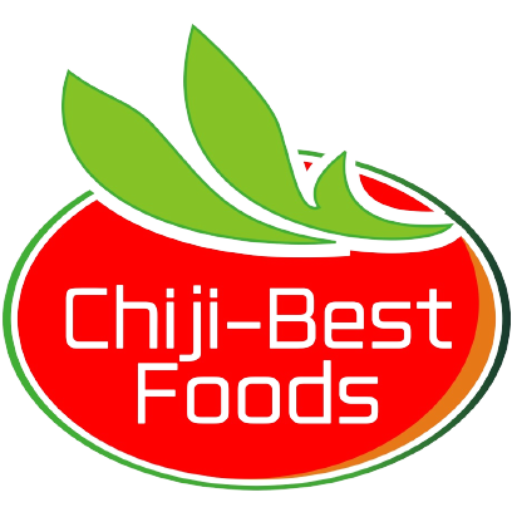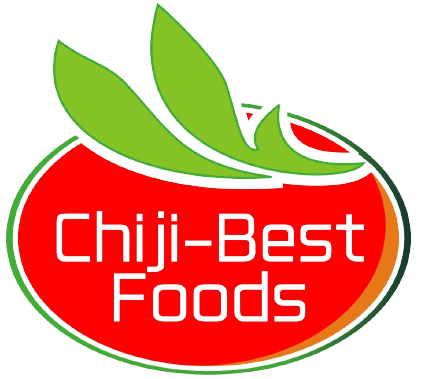The process of making Chiji’s premium palm oil starts in Imo State, Nigeria. This article explains how we turn palm fruits into high-quality oil, combining traditional methods with eco-friendly practices.
-
The Oil Palm Farms
We work with local small-scale farmers who grow oil palms alongside other crops like cassava and yam. This mixed farming helps keep the soil healthy and provides our farmers with steady income throughout the year. Our palm trees are often over 20 years old and create a diverse environment that’s home to various birds and insects.
-
Harvesting the Fruits
When the palm fruits turn reddish-orange, they’re ready for harvest. Our workers use long poles with curved knives to cut down the heavy fruit bunches. They’re careful to pick only the ripe fruits, which ensures good oil quality and reduces waste. Both men and women from the local community take part in the harvest.
-
Transporting the Fruits
After harvesting, we quickly move the fruit bunches to our processing facility using wheelbarrows or small trucks. We try to process the fruits within 24 hours of picking to keep them fresh. Our processing facility is close to the farms, which helps maintain fruit quality and reduces transportation pollution.
-
Processing at the Mill
At our mill, we first weigh and check the quality of the fruits. Then we steam them in large cookers to soften them and preserve the oil quality. We use palm kernel shells as part of our fuel for this process, which helps us recycle our own waste.
Next, we separate the fruits from the bunches and mash them into a pulp. We then press this pulp to extract the raw palm oil.
-
Purifying the Oil
The raw oil goes through several cleaning steps. We filter out solid bits and then clarify the oil using natural settling and spinning methods. This helps us avoid using too many chemicals.
We treat and reuse the water from this process to save resources. The solid waste becomes compost for our farmers’ fields, creating a sustainable cycle.
-
Checking the Quality
Before bottling, we thoroughly test each batch of oil. We look at its purity, color, and nutritional content. Our palm oil has a deep red-orange color, which shows it’s rich in carotenoids (beneficial plant compounds).
-
Packaging the Oil
We put our oil in recycled plastic containers or glass bottles, depending on what our customers prefer. We use labels made from materials that break down naturally. These labels show where the oil comes from, when it was made, and its nutritional information.
-
Delivering to Customers
Finally, we prepare the bottled oil for delivery. We send our products to local markets across Nigeria, and even to other countries as demanded.
From start to finish, many people are involved in making our palm oil. Farmers tend the trees, workers harvest and process the fruits, and our team ensures the final product meets high standards.
By choosing Chiji Best Foods palm oil, you’re getting a product that’s made with care for both people and the environment. Our methods support local farmers, maintain traditions, and try to minimize harm to nature.
Every bottle of our palm oil represents the hard work of our community and our commitment to producing quality oil in a responsible way. When you use Chiji Best Foods palm oil, you’re bringing a bit of Nigerian tradition and craftsmanship into your kitchen.

